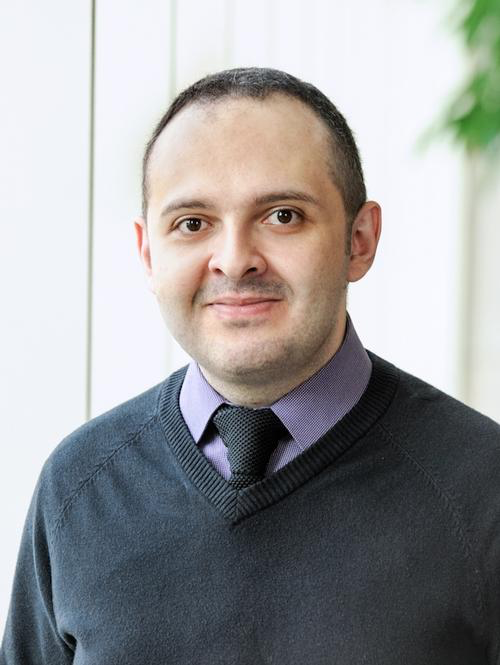
This spring, the Hamilton College Computer Science Department is offering CS105: Explorations in Computer Science, a new course that builds and explores basic programming skills through wearable technology projects.
According to Professor Naser Al Madi, the class aims to teach problem-solving through programming. He says, “We motivate each learning objective with a real-life problem that we try to solve by writing code.”
This course was designed for non-computer science majors, and it aims to help foster interest in computer science and problem-solving for those who may not have been exposed to it otherwise.
CS105 is hands-on and interactive, and student collaboration often leads to surprising and unanticipated discoveries. Each week, the students aim to solve a real-life problem by designing and building a wearable piece of technology.
So far, they have created an attachment for bicycle and motorcycle helmets that provides better visibility and touch-enabled turn signals. They have also designed and constructed smartwatches, fall detectors, fitness trackers among other projects.
One class project of particular relevance is a coronavirus headband. When users put it on, the headband continuously monitors their body temperature and notifies them if they should seek medical attention. The ability to continuously track body temperature helps ensure wearer safety between visits to the doctor.
Wearable technology is part of a larger phenomenon called the internet of things, a system of interrelated devices that can transfer information without human action.
Al Madi remarked on how impressed he was with the creativity of each of his 10 students. Last week, one student created a smart baseball that counted throws. It used light and sound to make catching easier. Another student-designed and built a smart shoe that tracked the number of steps taken by the wearer.
Professor Dave Perkins is teaching a parallel course that focuses on computer science and problem-solving in relation to music and generative art. Courses like these appeal to students who may not be otherwise drawn to computer science. The Computer Science Department plans to add even more courses in the future that appeal to non-major students and focus on applying programming skills to real-life applications.

















